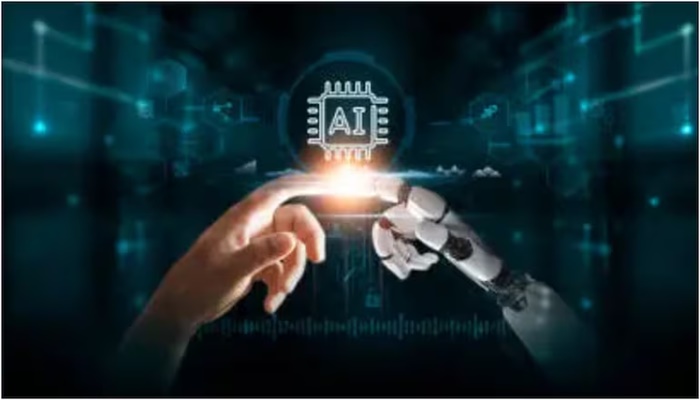When we talk about Generative Artificial Intelligence (GenAI), the usual image that comes to mind is of a smart assistant that boosts productivity and simplifies work. So, it’s no surprise that employees are increasingly using AI tools at the workplace. What’s surprising, however, is that a majority feel they can’t work without them. According to KPMG’s Trust, Attitudes and Use of Artificial Intelligence: A Global Study 2025, 67 per cent of Indian respondents said they couldn’t complete their work without AI, and 71 per cent admitted to using AI tools rather than learning how to do tasks themselves. This rising dependence is prompting an important question—is India relying on AI at the cost of critical thinking and accountability?
AI is not the ultimate truth
Sanjay Varnwal, CEO and Co-founder, Spyne, acknowledges AI’s contribution to productivity but draws a clear line between assistance and overreliance.
“We encourage our teams to embrace AI, it helps them move faster, automate the repetitive, and scale what was previously unscalable. AI is like a research assistant laying the foundation for real work, be it writing code or building a strategy. But human judgement is non-negotiable. We teach our teams where to draw the line.” That balance, Varnwal adds, is what ensures AI remains a tool, not a crutch.
The report also notes that 73 per cent of employees admitted to making mistakes due to AI, and 72 per cent acknowledged misusing it in ways that violated policy. For Varnwal, this points to a deeper issue, not with the technology itself, but how it’s being used. “The real risk with AI in the workplace isn’t the technology, it’s complacency,” he says. “We hold employees accountable for results. We don’t just offer tools; we expect them to use them ethically and strategically.” He believes it is this culture of “extreme ownership” that has helped Spyne scale 5x in 15 months, despite being an AI-first company.
The future isn’t AI vs humans—it’s humans with better tools
Deepak Ravindran, Founder & CEO, KiranaPro, echoes the importance of balance. While AI is central to their retail operations including voice-based ordering and personalised recommendations but human intelligence still leads the way.
“We see AI as a means to amplify human potential, not replace it,” says Ravindran. “Every team member is trained to understand and use AI thoughtfully. AI assists, but people lead.”
To address misuse and errors,”Our internal AI is auditable and explainable. Mistakes are treated as learning opportunities, but misuse is dealt with firmly. Accountability in AI is about conscious design, not just compliance,” he adds.
The speed of AI adoption in India has outpaced regulation. According to the same study, only 41 per cent of employees are aware of existing AI policies. Ravindran cautions that while India’s AI momentum is commendable, the lack of policy awareness could backfire. “We need a middle path where innovation isn’t stifled, but is guided by ethical frameworks and inclusive policies,” he says.
Vara Kumar Namburu, Co-founder & Head of R&D and Solutions, Whatfix feels, “As AI emerges as a key driver of innovation in India, its true strength lies in its ability to simplify complexity and power smarter, more efficient workflows. This is where the human element becomes crucial. Without clarity or confidence, we struggle to adopt new technologies effectively.”
On the other hand, Varnwal sees the speed as a strength if handled responsibly. “Indian enterprises are absolutely moving faster than regulation and frankly, that’s a good thing. But speed without a seatbelt is risky,” he warns. “AI done right can be India’s global advantage. AI done wrong will be our Achilles’ heel.”
He concludes with a reminder that while AI can build efficiency, it cannot replace original thinking. “Overdependence on AI becomes a shortcut for thinking, and that’s not how companies can be built. AI models are getting trained on what’s already out there in the world, and we need human intelligence to create something original, ground-breaking, and valuable.”




















